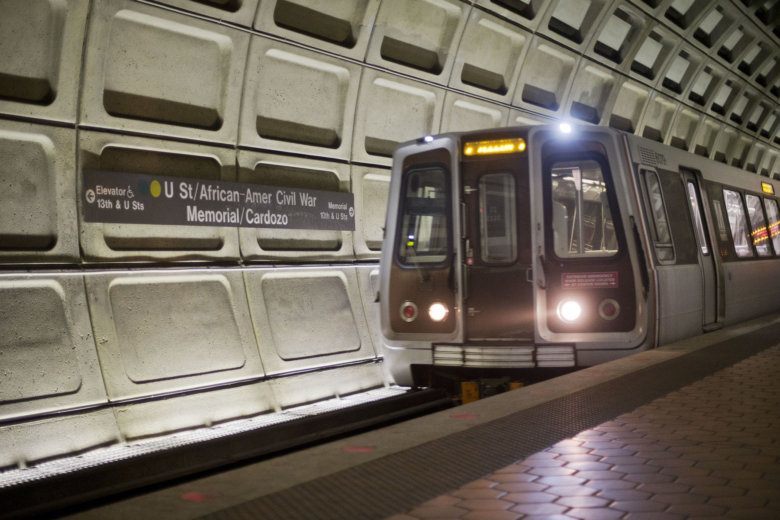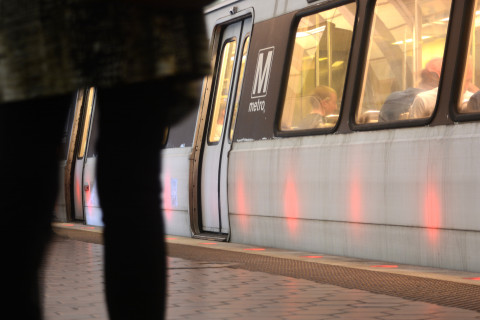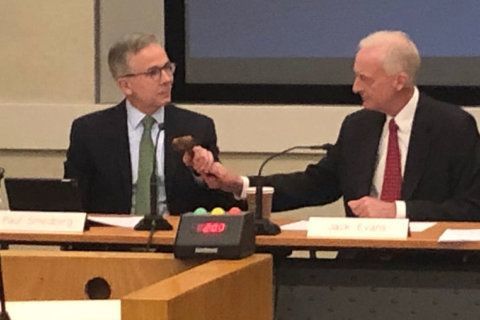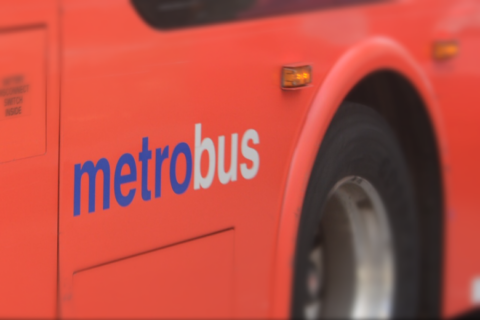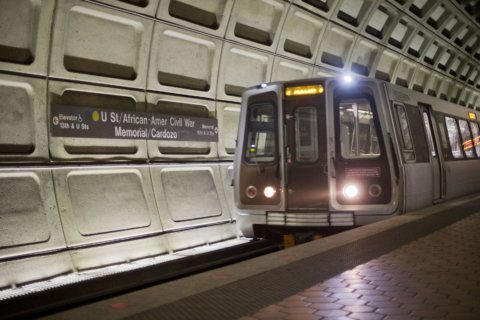
Some Metro riders will get more service and cheaper commutes starting Monday.
As Metro begins the new budget year, the cost of a weekly bus pass drops $2.50 to $15 (it pays for itself in eight trips), rebranded monthly unlimited rail passes now include free Metrobus trips too (but not trips on local bus systems), and no longer will every second Red Line train turn back toward downtown at Silver Spring.
The monthly passes, started in 2016 as “SelectPass,” allow riders to pay for unlimited rides up to a chosen fare, while only paying the difference for trips that are more expensive.
The Red Line change doubles rush hour service to and from Forest Glen, Wheaton and Glenmont.
A similar Yellow Line extension beyond D.C. to Greenbelt began at the end of May, also to eliminate problems turning trains around in the middle of the line. That change was even more significant in the amount of service added through an area that has had major crowding since Metro cut schedules in 2017.
Kids in Montgomery County also now qualify expanded free rides paid for by the county, similar to the program in D.C.
The rail system changes July 1 do not include any change in the rail system’s hours. Metro will still close at 11:30 p.m. Monday through Thursday, 1 a.m. Friday and Saturday nights, and only run 8 a.m. to 11 p.m. on Sundays.
For certain people who work overnight, Metro will pay for part of a Lyft ride home starting Monday. To qualify, users must go through a registration and approval process.
Despite that, Metro hopes the overall improvements in unlimited-ride passes and additional trains at some stations helps increase ridership from recent lows.
“Average weekday rail ridership was up for four consecutive months in February, March, April and May 3% over the same period last year,” General Manager Paul Wiedefeld said.
Metro has rotated through 24/7 closures that have made certain ridership comparisons difficult, but Metro’s own measures of service quality are rising.
“We know that the main driver of ridership is our performance,” Wiedefeld said.
Still, it only takes one major incident to significantly turn some riders off, like the Friday morning disruption on the Blue, Orange and Silver Lines after Metro struggled to move a broken down train at Benning Rd.
MetroAccess
There are a number of changes for paratransit riders too.
“MetroAccess, effective July 1, is doing a bunch of really neat changes to scheduling that’s going to one, help the rider, and really help WMATA,” Accessibility Advisory Committee Chair Phil Posner said.
It includes changing the scheduling window, cutting down the time it takes to make reservations, and a promise that people will be dropped off no more than 30 minutes early for work or appointments, so they are not stuck sitting in the rain, heat or cold outside closed buildings.
While MetroAccess requires advance reservations, Metro is set to expand a more flexible “Abilities Ride” program soon from Montgomery and Prince George’s counties to D.C. and Virginia.
That program allows riders who are able to use a cab to take trips on less notice and costs Metro less money than regular paratransit operations.
Metro is not the only local agency with changes starting next week. VRE fares rise an average of 3% Monday, and some bus systems have schedule adjustments.

